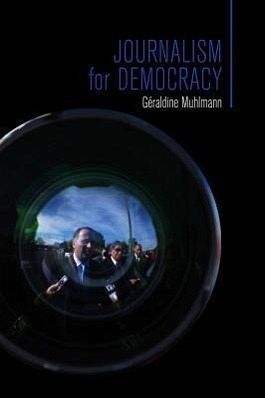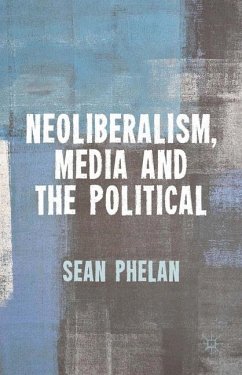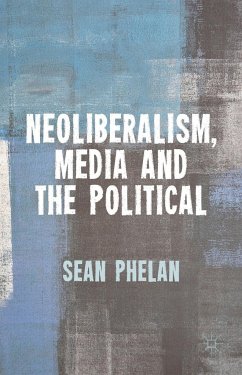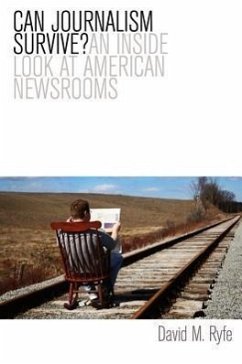Nicht lieferbar

Journalism for Democracy
Versandkostenfrei!
Nicht lieferbar
Muhlmann is highly regarded as one of the outstanding young scholars of journalism and political communication. Polity recently published A Political History of Journalism by the same author. This book is designed as a companion volume; it focuses on the relation of journalism to democracy.
First published in French as: Du journalisme en daemocratie. Paris: Payot, 2004.













